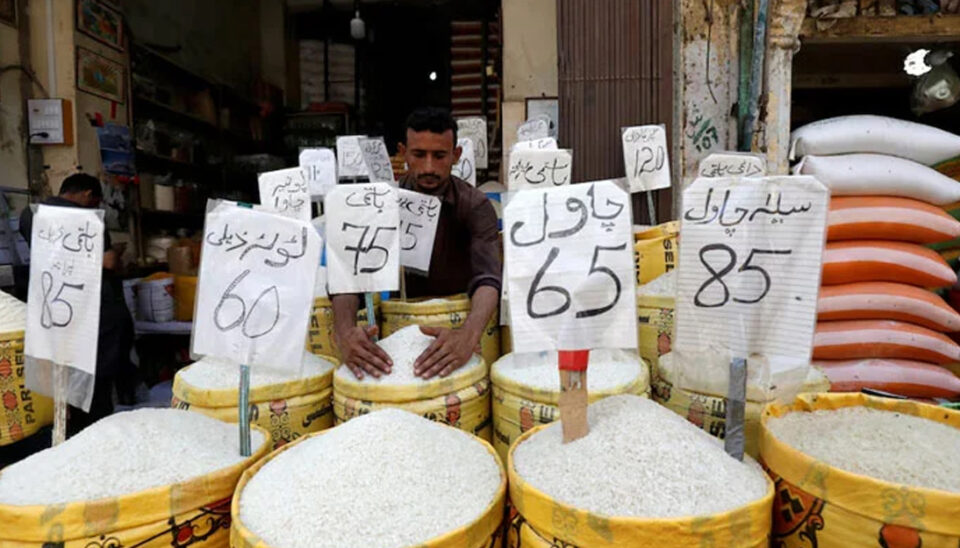Contamination of Rice Shipment Raises Concerns
A recent detection of genetically modified organisms (GMOs) in a rice shipment destined for the European Union has sparked significant alarm within export circles. According to a notification from the European Commission, an organic basmati rice consignment imported from Pakistan via The Netherlands was found to be contaminated with unauthorized GM rice. This finding, reported on August 2, 2024, by the EU Rapid Alert System for Food and Feed (RASFF), has raised concerns about potential risks associated with the consignment.
The source of the contamination has been linked to government laboratories in Germany and Luxembourg. This follows a similar incident in June 2021, where 500 tonnes of GM rice from India were detected. In response, Pakistan tightened its regulatory checks on rice shipments starting in early 2018 to address concerns over GM rice and prevent its entry into European markets.
The federal government instructed the Department of Plant Protection and the Ministry of Food Security & Research (MFS&R) to enforce stringent regulations on both inbound and export rice consignments. This action was taken after the Rice Exporters Association of Pakistan (REAP) reported instances of GM rice in shipments, leading to rejections by the EU.
In April 2018, the Punjab government also expressed concerns about GM rice trade. As a result of these regulations, Pakistan blocked a shipment of Chinese rice seeds in 2018, leading to diplomatic discussions with the Chinese Embassy in Islamabad. The blocked shipment of over 2,000 tons of hybrid rice seed was due to negative results from GMO testing.
Rice is a crucial food crop for Pakistan and a key export commodity to European countries, which maintain strict zero-tolerance policies for GMO products due to health concerns. Despite Pakistan’s zero-tolerance policy for GM rice, weak regulatory oversight can lead to lapses.
In a related development, the University of Agriculture, Faisalabad’s recent GM sugarcane trial has faced opposition from various groups concerned about potential health risks associated with GM technology.

